To see clearly is poetry, prophecy and religion all in one
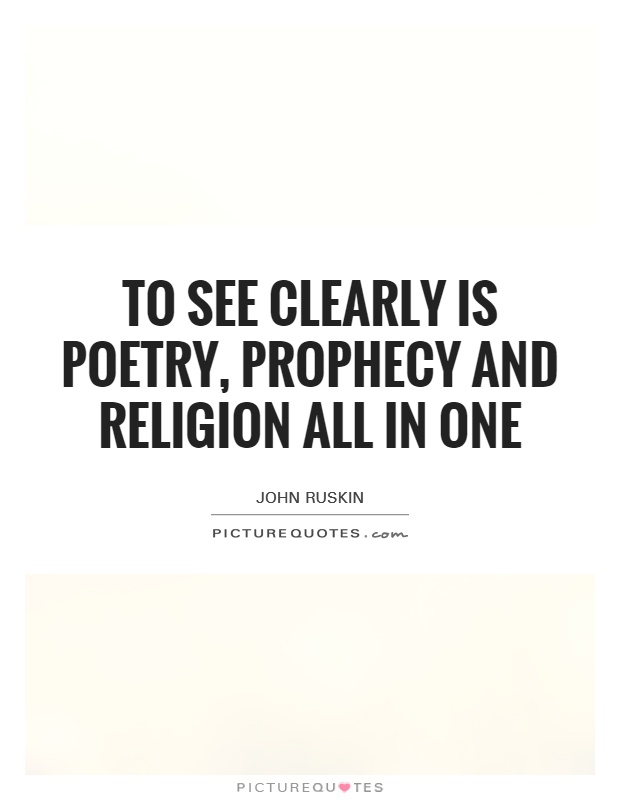
To see clearly is poetry, prophecy and religion all in one
John Ruskin, a prominent English art critic and social thinker of the 19th century, believed that the ability to see clearly was not just a physical act, but a profound spiritual and intellectual experience. In his view, to see clearly was to engage in poetry, prophecy, and religion all at once.Ruskin was a keen observer of nature and art, and he believed that true vision required not just looking at something, but truly seeing it in all its complexity and beauty. He argued that the act of seeing clearly was akin to poetry, as it required a deep appreciation for the world around us and the ability to find meaning and beauty in even the smallest details. Just as a poet uses language to evoke emotion and insight, Ruskin believed that seeing clearly could inspire a similar sense of wonder and connection to the world.
Furthermore, Ruskin saw the act of seeing clearly as a form of prophecy. By truly seeing the world around us, he believed that we could gain insight into the future and understand the deeper truths of existence. In his writings, Ruskin often used his observations of nature and art to make predictions about society and culture, suggesting that the act of seeing clearly could reveal hidden truths and guide us towards a better future.
Ruskin believed that seeing clearly was a deeply spiritual experience that could connect us to something greater than ourselves. He saw the act of seeing as a form of religious devotion, a way to commune with the divine and find meaning and purpose in the world. For Ruskin, to see clearly was to engage in a form of worship, a way to appreciate the beauty and complexity of creation and connect with the divine spark that resides within all of us.

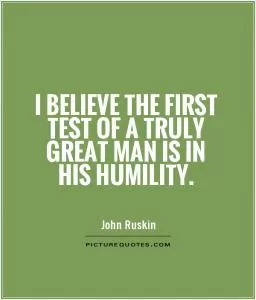

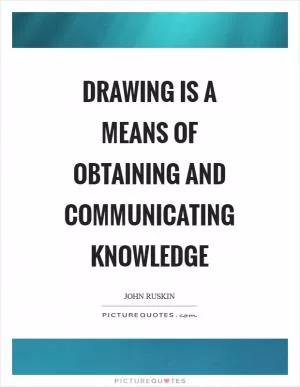

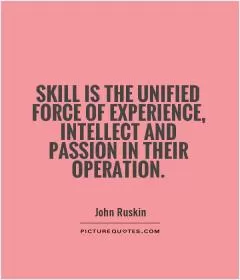

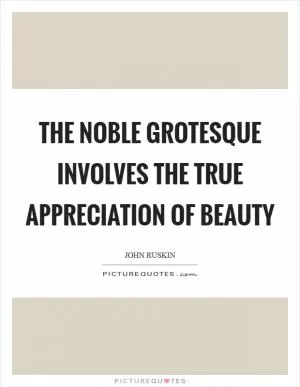



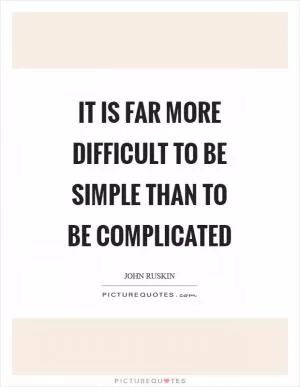
 Friendship Quotes
Friendship Quotes Love Quotes
Love Quotes Life Quotes
Life Quotes Funny Quotes
Funny Quotes Motivational Quotes
Motivational Quotes Inspirational Quotes
Inspirational Quotes